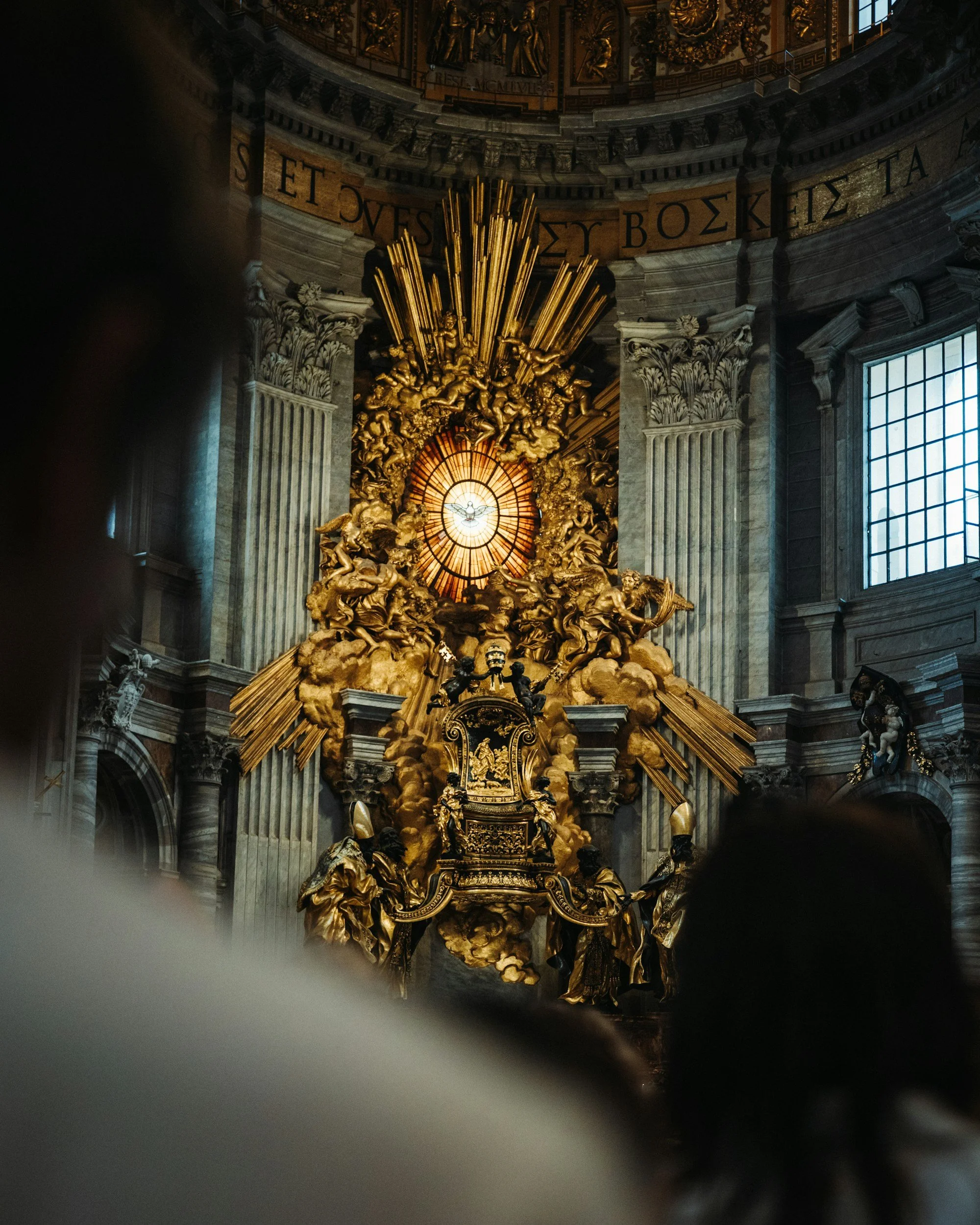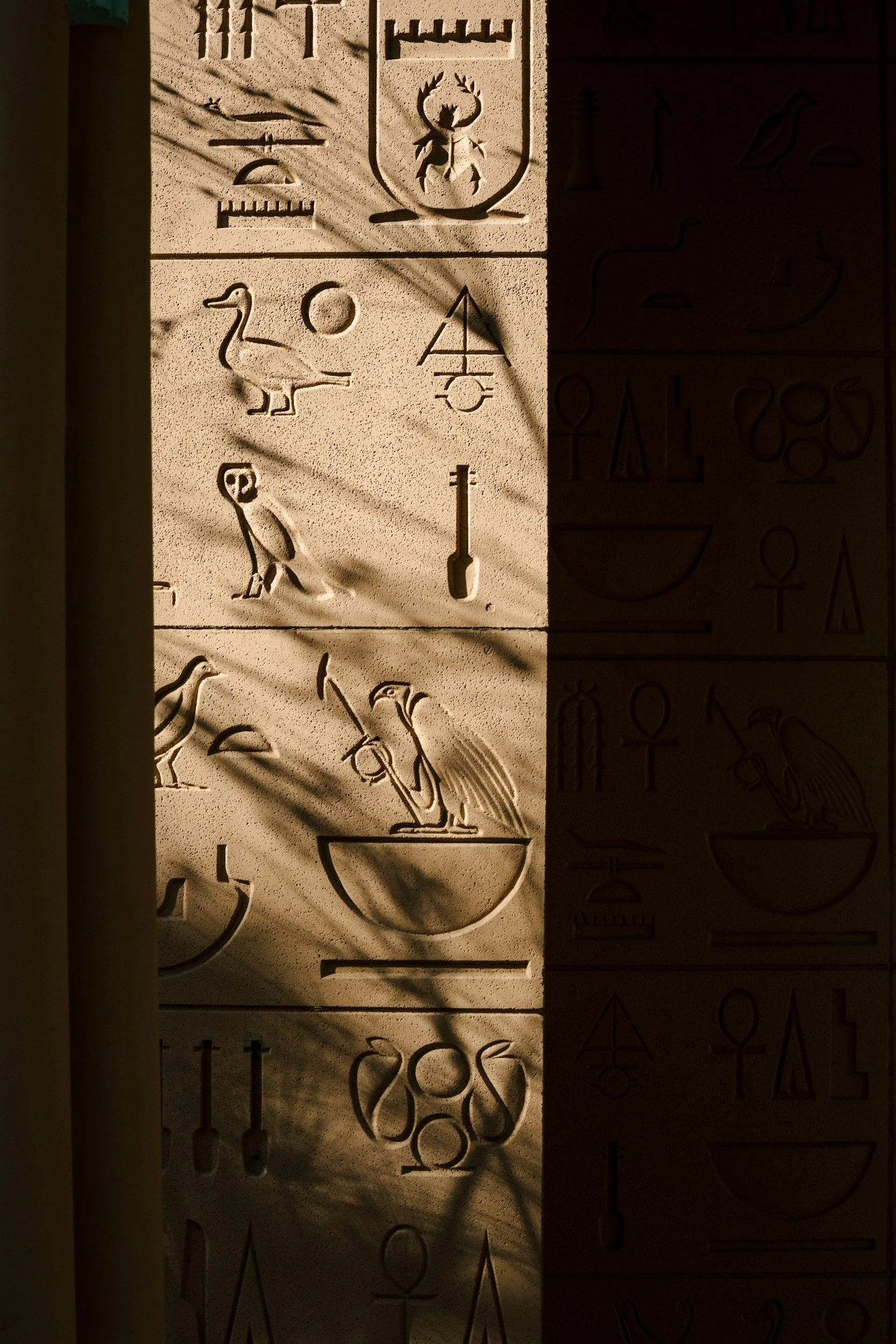The Igbo Renaissance is Here
It should have become quite clear by now, to anyone paying close attention, that the Igbo Renaissance is here.
This renaissance stretches beyond the revival of language, art, or economic ambition, though those factors are essential parts. It is a reawakening of spirit, a collective remembering and reactivation of true Igbo consciousness.
One major truth which has been obscured by centuries of colonial erasure and missionary conquest but now coming to light again is that Igbo spirituality is the foundation of Igbo civilization, and its restoration is the seed of the new renaissance.
The Meaning of Renaissance in the Igbo Context
“Renaissance” means “rebirth.” For Ndi Igbo, it signifies a conscious turning inward, toward forgotten cosmologies, ancestral philosophies, and spiritual principles that once defined one of Africa’s most decentralized yet deeply philosophical civilizations.
Unlike the European Renaissance, which rediscovered Greco-Roman humanism, the Igbo Renaissance is rediscovering Odinala (and Omenala), the indigenous knowledge system, law, culture, and moral architecture that shaped Igbo identity before colonization. It is the reassertion of mmuo (spirit) over materialism, of obodo (community and kinship) over atomized individualism, and of Chi (the unique actualized divine intelligence within each being), over foreign notions of “diabolism”.
Igbo Spirituality as the Axis of Rebirth
A return to the indigenous cosmology that once shaped the consciousness of Igbo life is inevitable and central to the Igbo Renaissance, it has led to a deep spiritual reawakening. This spirituality, generally referenced as Odinani, is a sophisticated philosophy of existence that recognizes the divine presence in all things.
It teaches that each individual and element of nature carries within them an energetic imprint of the Supreme Creator. Igbo ancestors identified this imprint as one's “Chi”, a personal life force that guides destiny and purpose.
The Igbo understanding of life is centered around balance: with oneself, with the community, with the Earth (Ala), and with the ancestors who remain active participants in the moral and spiritual order. To live rightly is to maintain balance among these forces, to act in truth, honor, and reverence for the seen and unseen worlds.
Today, as Igbos in the 21st century rediscover this spiritual foundation, they are reclaiming the moral and metaphysical framework that made their civilization humane, ethical, and self-aware. This renaissance is a reminder that any genuine cultural rebirth must begin at the level of the spirit, at the end of the day it is the spirit that gives meaning to art, language, and community.
In returning to their spiritual roots, Igbos are not moving backward but forward, toward a future anchored in ancestral wisdom and renewed self-knowledge.
The Collapse of Colonial Spiritual Frameworks
For over a century, imported religions sought to overwrite Igbo cosmology. Churches demonized ancestral practices, and tagged Igbo indigenous spiritual technologies as “diabolic”. Yet beneath the imposed dogmas, the Igbo spirit and soul remained unconquered.
Now, the colonial spell is breaking. The rise of social media has allowed scholars, mystics, and seekers to share forgotten oral histories, decode sacred symbols, and reconstruct rituals once deemed lost. Igbo spirituality is no longer a relic; it is a living system adapting to modern consciousness.
What we are witnessing is not a rejection of global religions, but an integration, the decolonization of false western ideologies that have no progressive bearing on the Igbo civilization at large.
Renaissance in Practice: The New Igbo Consciousness
Language and Literature: Writers, poets, and linguists are reclaiming Igbo as the language of identity and resistance. New literature in Igbo and English explores ancestral wisdom through modern aesthetics — from Afrofuturist reimaginings of Igbo cosmic forces to modern applications of Odinani (the indigenous knowledge system).
Art and Aesthetics: Contemporary Igbo artists are rediscovering traditional symbols, like uli motifs, and masquerade iconography, while blending them with digital design and fashion. These contemporary reforms are resurfacing sigils of spiritual memory and making them visible again.
Economics and Communalism: The renaissance extends beyond the spiritual into economic models inspired by communal values. Igbo entrepreneurs are building community-based ventures that honor ancestral ethics of fairness, reciprocity, and communal wealth.
The Philosophical Core
Igbo worldview has always been a humanistic one, centered around personal responsibility, moral balance, and the pursuit of destiny through alignment with one’s Chi. It offers a framework of spiritual democracy, where divinity is immanent, not monopolized by priestly hierarchies.
This philosophy, when rediscovered, has the power to reshape global thought. Igbo Renaissance is consequently not parochial or ethnic, it is a universal template for how indigenous wisdom can guide humanity’s evolution in the 21st century.
Final Thoughts
Igbo Renaissance is not coming, it is here. It is happening already, everyday, all around us, especially in the philosophical discourses on Odinani spreading across digital circles.
As Ndi Igbo reconnect with our spiritual foundation, we remind the world of who we are, who we have always been, and the calibre of people we are more than capable of becoming.



